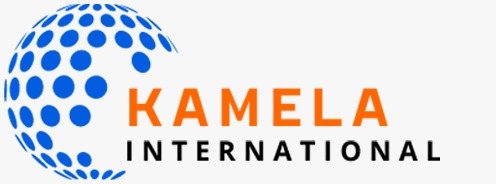Information and Technology


Microsoft certifications are important because they provide industry-recognized validation of your skills and expertise in using Microsoft technologies. They are highly valued by employers, professionals, and organizations for various reasons, including:
Popular Microsoft Certifications:
- Microsoft Azure Certifications (e.g., Azure Fundamentals, Azure Solutions Architect)
- Microsoft 365 Certifications (e.g., Modern Desktop Administrator)
- Power Platform Certifications (e.g., Power BI Data Analyst)
- Security Certifications (e.g., Microsoft Cybersecurity Architect)
CompTIA certifications are important because they provide vendor-neutral validation of foundational and advanced IT skills, making them a cornerstone for professionals starting or advancing in the IT industry. They are globally recognized and respected, offering numerous advantages for individuals and organizations:
Popular CompTIA Certifications:
- CompTIA A+: Foundational IT skills, ideal for roles like IT support or help desk technician.
- CompTIA Network+: Networking concepts, required for network administrators.
- CompTIA Security+: Entry-level cybersecurity skills, ideal for IT security specialists.
- CompTIA CySA+: Advanced cybersecurity analyst skills.
- CompTIA CASP+: Expertise for senior-level security roles.
Accreditations





